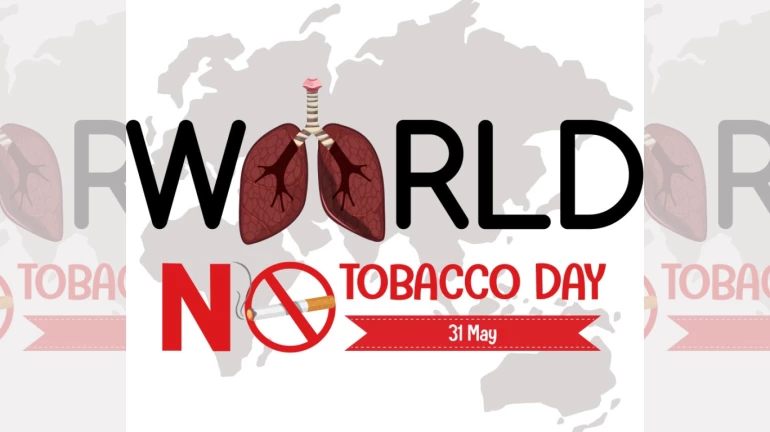
A recent health survey conducted in observance of World No Tobacco Day has raised alarm bells over the continued prevalence of tobacco use within local communities. The study, organized by Wockhardt Hospitals, Mira Road, reveals a high incidence of tobacco consumption—often compounded by alcohol use—creating a dangerous double threat to public health.
Out of more than 1,000 respondents, a significant number admitted to regular tobacco use, with some acknowledging a dependency that they’ve struggled to overcome despite understanding the risks. The survey reflects a stark reality: awareness is not enough. Addiction, reinforced by powerful withdrawal symptoms, often pulls individuals back into the habit even after repeated attempts to quit.
Dr. Tirathram Kaushik, Consultant Oncosurgeon & Minimal Access Surgeon at Wockhardt Hospitals, Mira Road, expressed deep concern over the findings. “Tobacco and alcohol together act like a double-edged sword. Not only do they significantly raise the risk of cancers—especially of the oral cavity, throat, and esophagus—but they also reinforce each other’s addictive grip,” said Dr. Kaushik.
He added, “People aren’t ignorant. Many want to quit. But addiction is a chronic, relapsing condition. Unless we offer structured support and medical alternatives, they remain stuck in a vicious cycle.”
The survey data show a mixed landscape. While awareness campaigns have made some headway—most respondents could list key health risks linked to tobacco—this hasn’t translated into large-scale behavioral change. For instance, in one set of responses, 117 participants said they had tried to quit tobacco, but 149 admitted to relapsing. Other similar comparisons in the survey suggest that quit attempts are common, but successful cessation remains rare.
Dr. Kaushik emphasized that quitting tobacco requires more than willpower. “Nicotine is highly addictive. We need to treat it like any other medical dependency—with pharmacological therapies, counseling, and community-level interventions,” he said. “We also need to recognize that mental health plays a big role. Stress, anxiety, and social pressure often drive people back to these habits.”
Wockhardt Hospitals, Mira Road is urging community leaders, schools, and policymakers to collaborate in creating sustainable anti-tobacco initiatives. These include integrating tobacco cessation programs into primary healthcare services, increasing access to nicotine replacement therapies, and using digital platforms to reach younger populations.
“We must move beyond slogans and posters,” Dr. Kaushik stressed. “We need action—structured, science-backed, and compassionate. Every successful quit story is a life extension.”





